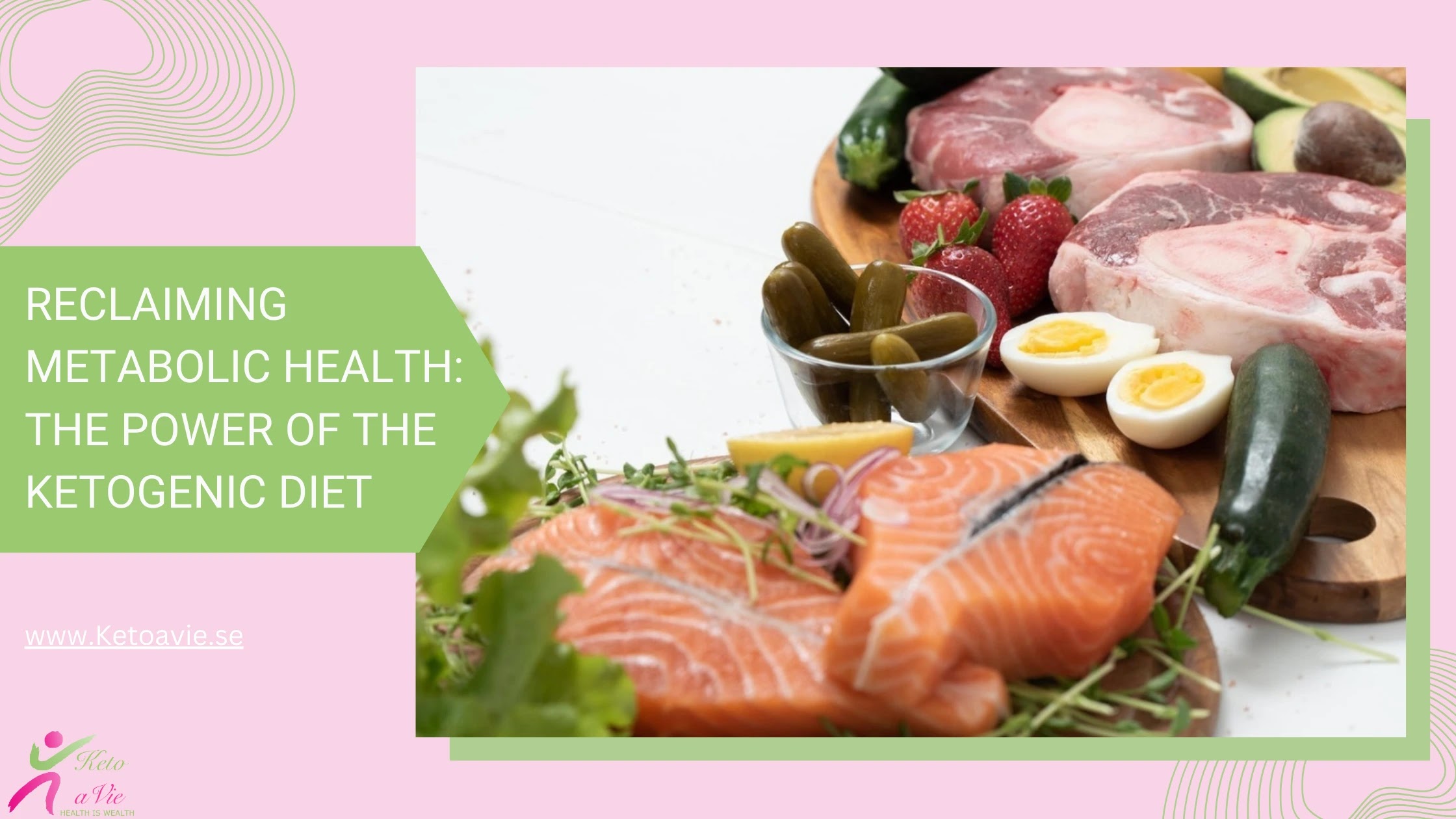Minding Your Stress: The Key to Keto Success
Let's talk about stress and how it relates to the ketogenic lifestyle. You see, stress triggers a hormone called cortisol (*), which is essential for our survival. Whether it's a genuine threat like someone chasing you with a knife or something less life-threatening like last-minute Christmas shopping, cortisol kicks in.
But here's the thing: sometimes, cortisol goes into overdrive for various reasons. And when that happens, it sets off a chain reaction in our bodies. Instead of using protein for repair and growth, excess cortisol converts dietary protein into carbohydrates(*), leading to an insulin response. And on a ketogenic diet, we're trying to minimize those insulin spikes.
Now, here's where it gets interesting. The insulin response caused by excess cortisol prevents our bodies from tapping into their own fat stores for energy. So, even if our blood glucose and ketone readings look good, we may struggle to lose body fat.
Ok, I know this may sound a bit technical, and you might be itching for the coaching tip already. Here it is : to tackle this cortisol conundrum, we need to change our response to stress. And one scientifically proven way to do that is through Mindfulness-Based Stress Reduction (MBSR).
No worries, I'm not talking about anything woo-woo or religious. MBSR is a form of meditation that allows us to be present without judgment or resentment. It's a powerful tool to reduce cortisol production and improve the condition of our nervous system.
I know you might be thinking, "I already take time for myself, pray, or get massages." But MBSR is different and only requires 10 minutes of your day. Yes, just 10 minutes! No matter how busy we are, we can all find a little time for our well-being.
If you're curious and want to learn more about mindfulness, there are plenty of great resources out there (I'll include some links below). So, let's take a mindful approach to stress and make the most of our ketogenic journey. Remember, a calmer mind leads to a healthier body. Stay mindful, my friends!
Check out some excellent resources below, and let us embark on this journey together!
- Free App : Try out this fantastic MBSR app to get started.
- YouTube Video : Watch this helpful MBSR tutorial on YouTube.
- YouTube Video in Arabic: Enjoy this tutorial in Arabic on YouTube.
- 10 Min Guided Body Scan Meditation: Give this calming guided meditation a try.
Frequently Asked Questions (FAQs)
1- Can high cortisol cause high insulin?
Absolutely! When you're stressed, cortisol comes to the rescue by releasing stored glucose, which increases your blood sugar levels. And guess what? High blood sugar calls for more insulin to help lower it. So, chronic high cortisol can lead to persistent high blood sugar (hyperglycemia) and even pave the way to Type 2 diabetes.
2- Does cortisol lead to insulin resistance?
Yep, it can! Normally, cortisol balances the effects of insulin. But when you're under stress or taking medications like prednisone or cortisone, cortisol levels shoot up, making your body less responsive to insulin. This insulin resistance can mess with your blood sugar control.
3- How do you balance cortisol and insulin levels?
One important aspect is watching what you eat. A diet packed with sugar and processed foods can drive cortisol and blood sugar levels up. Instead, opt for an anti-inflammatory diet with lots of veggies, healthy fats, and whole foods. That'll help keep your blood sugar stable and reduce your risk of diabetes or obesity.
4- What are symptoms of high cortisol levels?
Oh, high cortisol can be a sneaky troublemaker! It might bring on fatigue, crankiness, headaches, gut issues, anxiety or depression, unexpected weight gain, higher blood pressure, and even mess with your hormones, affecting libido and your monthly cycle.
5- How do you flush cortisol out of your system?
There are plenty of ways to lower cortisol and kick stress to the curb! Start with getting enough quality sleep, staying active through regular exercise, and eating clean, healthy meals. Watch your caffeine and alcohol intake, and stay hydrated. Mindful meditation can work wonders, and spending time outdoors helps too. Oh, and let's not forget the magic of an organized living space!
6- What foods reduce cortisol levels?
Oh, green leafy veggies like kale, spinach, and collard greens are real superheroes! They're packed with magnesium and other essential nutrients that help bring cortisol levels down, leaving you feeling calmer and more balanced.
7- What is a natural cortisol blocker?
Nature's got your back! Ashwagandha is a fantastic cortisol buster. It can slash cortisol levels by nearly 30%, making it a real stress-fighter! Another hero is Rhodiola Rosea, an adaptogenic herb that boosts your energy and resilience to stress while putting cortisol in its place.
Ready to tackle stress and enhance your ketogenic journey? Try incorporating Mindfulness-Based Stress Reduction (MBSR) into your daily routine. Spend just 10 minutes a day on this powerful meditation technique, and experience the benefits for your overall well-being. Remember, a calmer mind goes hand in hand with a healthier body. Stay mindful, my friends!
Transparency Note: This article may contain affiliate links, and I may earn a small commission from qualifying purchases made through these links. Rest assured, I only recommend products I have personally tested and believe can benefit your keto journey. Your support enables me to provide valuable content. Thank you for your support!
Visit my Amazon Keto Corner for Keto Essentials & Products!




Comments
Post a Comment